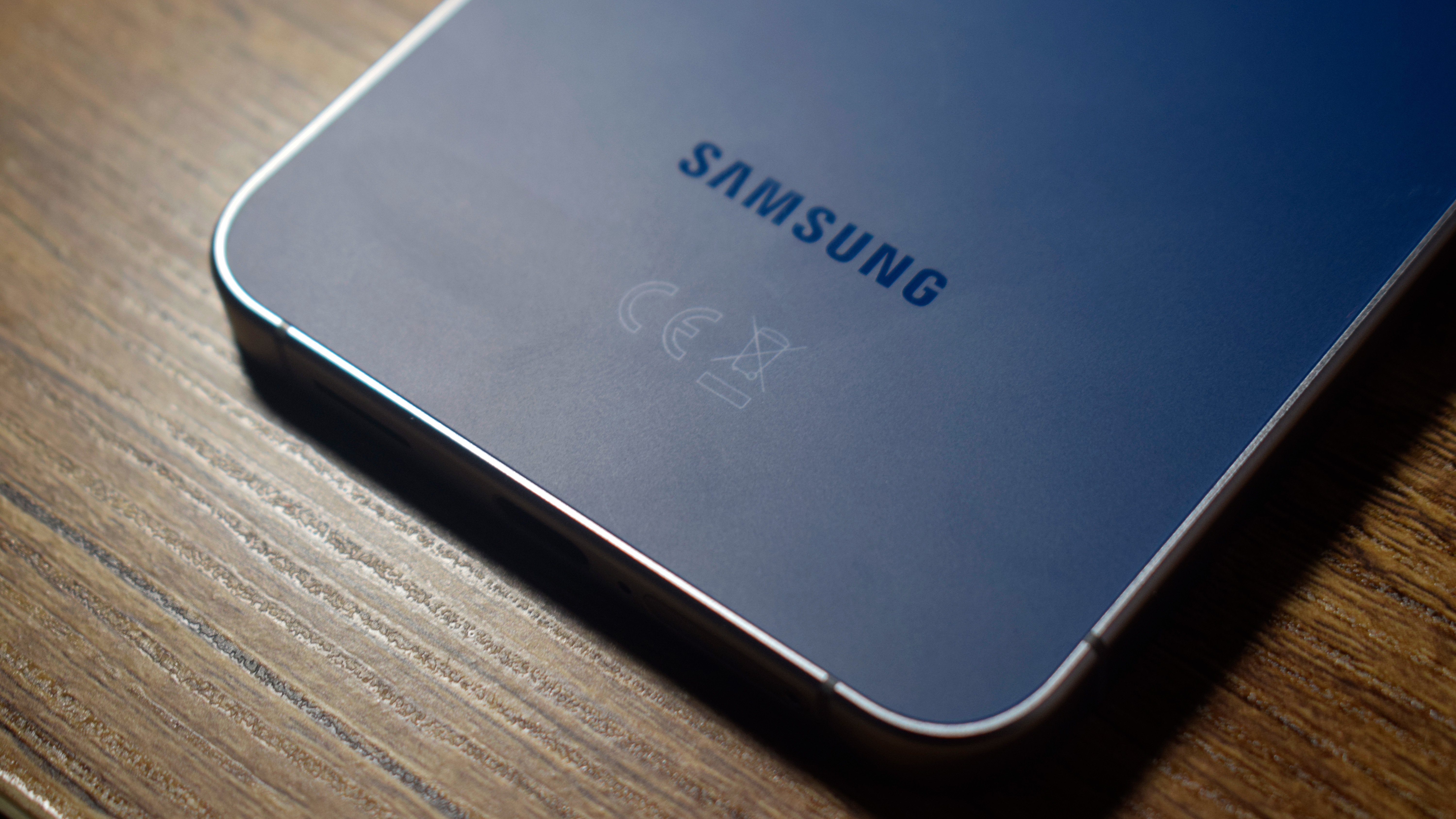HP caps off its PC overhaul with the launch of the OmniBook Ultra 14 – its most powerful AI-powered laptop to date
With the HP Dragonfly, Spectre, and Envy brands ditched in sweeping restructure of device portfolio, the OmniBook Ultra 14 marks the first major step into the era of the AI PC

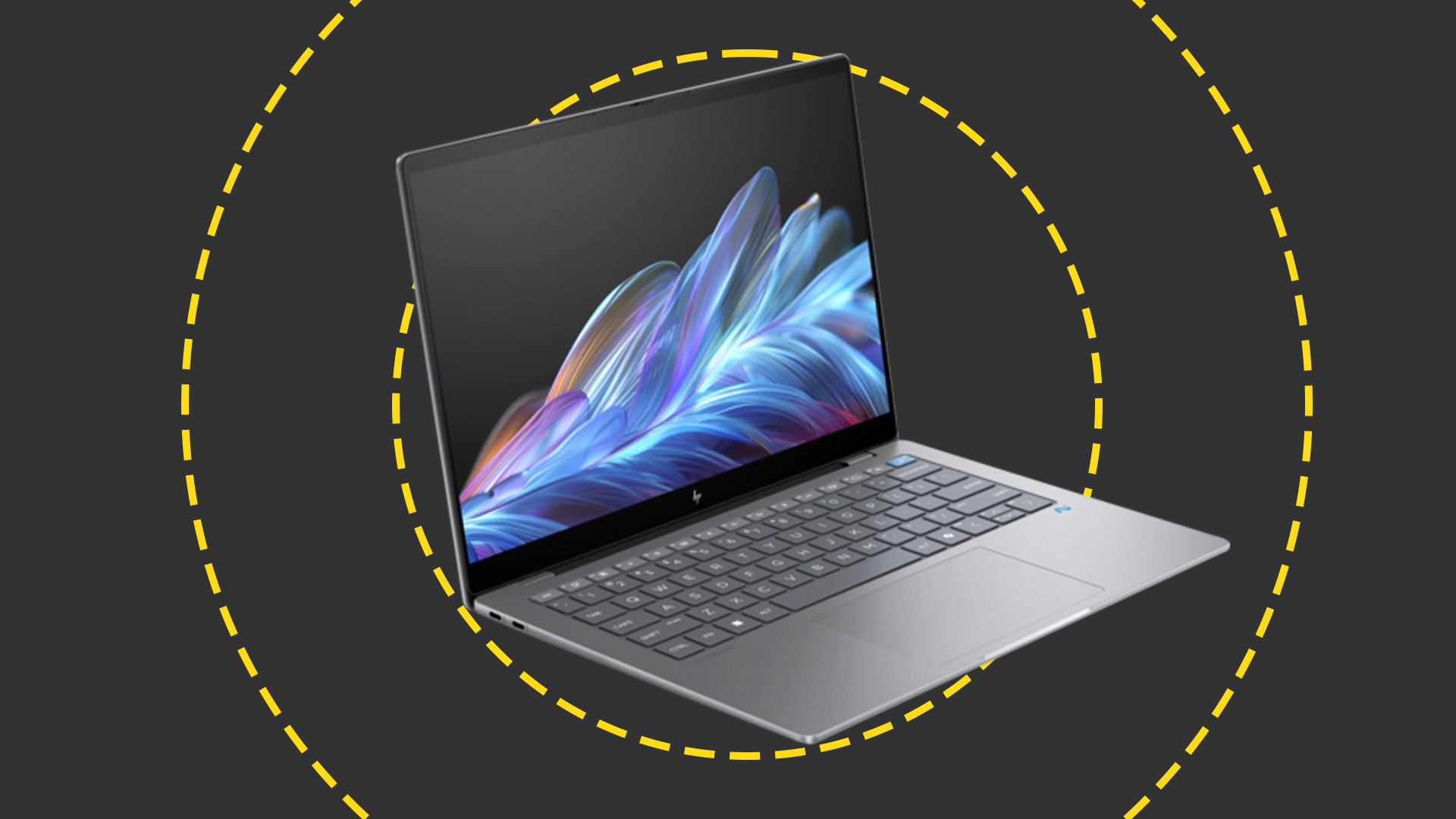
HP has launched the most powerful AI PC available on the market, the OmniBook Ultra 14, as it revitalizes its computer portfolio ahead of what it expects to be an oncoming wave of demand for AI compute at the edge.
Unveiled at HP’s Imagine AI event in New York, Alex Cho, president of personal systems, touted the device as the “most powerful AI PC in the industry”, with an AMD-based neural processing unit (NPU) that boasts an impressive 55 trillion operations per second (TOPS).
Cho said the OmniBook 14’s AMD-based chip notches a 45% increase in compute power over Apple’s M4 chip, the current benchmark for mobile processors, and twice the performance of the previous M3,
Notably, 55 TOPS would surpass the peak performance levels AMD said was achievable with its Ryzen AI 300 series processors, which Cho explained was the result of a special partnership with the chip manufacturer.
“We are doing a lot more curation of the stack. I said that back in Palo Alto, we are curating the stack from silicon, bios, OS, applications, IO, etc. and doing that deep coengineering with [AMD] allowed us to deliver a level of performance that is above the rest of the industry,” he said.
The OmniBook will head up HP’s consumer product line, while its flagship enterprise device, the EliteBook Ultra G1q was launched at Microsoft’s Surface Event in May.
The EliteBook will sport Qualcomm’s latest 12-core Snapdragon X Elite processor, which features a 45 TOPS NPU, although Alex Thatcher, senior director of cloud client and AI experience at HP, told ITPro this number edges closer to 75 TOPS when you include the GPU.
Sign up today and you will receive a free copy of our Future Focus 2025 report - the leading guidance on AI, cybersecurity and other IT challenges as per 700+ senior executives
Both these devices will also look to challenge the MacBook lineup’s stranglehold on the best battery life of any laptop. By allowing AI workloads to be offloaded to the high efficiency NPU, HP can free up the CPU and GPU for other tasks, with HP claiming the EliteBook Ultra will offer 26 hours of run time.
OmniBook Ultra 14 launch marks the next step in HP’s device refresh
HP announced a total rebrand of its entire PC lineup in May, doing away with its Pavilion, Dragonfly, Spectre, and Envy models in favor of a simplified roster of products targeting consumers and enterprise customers.
Its new PC offering is split into two product lines, Omni devices for consumers and Elite products for businesses. Laptops in these lineups will be known as either OmniBooks or EliteBooks, while all-in-one systems have become OmniStudio and Elite Studio. Finally, traditional desktop PCs will now be OmniDesk and EliteDesk.
For each of these product categories, HP will offer a number of different tiers which cater to different needs and price points. The Ultra and X labels are reserved for the more premium devices with the most high-end components.
From there, each line will have a number of different skews denoted by odd numbers for the consumer side, and even numbers for the commercial portfolio.
Speaking to ITPro, Guayente Sanmartin, SVP & division president of commercial systems at HP, outlined the reasoning behind this overhaul, stating the goal was to streamline its device ecosystem to better reflect HP’s core values and mark what it sees as a new era in personal computing.
“What we have done is simplified the branding as a way to ensure that the HP values were properly communicated…and the objective was starting this new era where HP has a lot of AI agility,” she said.
Expanding on these values, Sanmartin said first among these is reliability, noting HP is primarily a brand built on trust, and that within its sub brands it tries to communicate slightly different values depending on the personas they are trying to serve.
In terms of the commercial lineup, which Sanmartin heads up, she explained consistency was central to their value proposition. Citing Alex Cho’s comments earlier that day, she reasserted that no one spends more time with an employee from a device perspective than HP, and so getting these experiences right is imperative for the company.
HP is bullish on the value AI PCs can unlock for businesses
This overhaul is a declaration of intent from HP, indicating it’s bullish on widespread adoption of AI PCs moving forward, as software vendors catch up on building tools that can leverage these local AI accelerators and end users get a better understanding of the value they provide.
Sanmartin said she expects an explosion of demand for AI computing at the edge over the next few years, noting HP’s projections indicate that within three years time 50% of all PCs will be AI PCs, and HP wants to be at the center of this new market.
Explaining where HP expects to separate its AI PC lineup from its competitors like Dell and Lenovo, is by focussing on the user and maximizing the impact of the use cases these devices will serve, highlighting three pillars by which it hopes to show it is leading the field.
“I think we are going to be differentiated in performance, differentiated in our capacity to personalize the device more… and the third thing is privacy and security… we are a trust partner, a partner you can trust on ethics, sustainability, all of this is our differentiation”,
RELATED WHITEPAPER
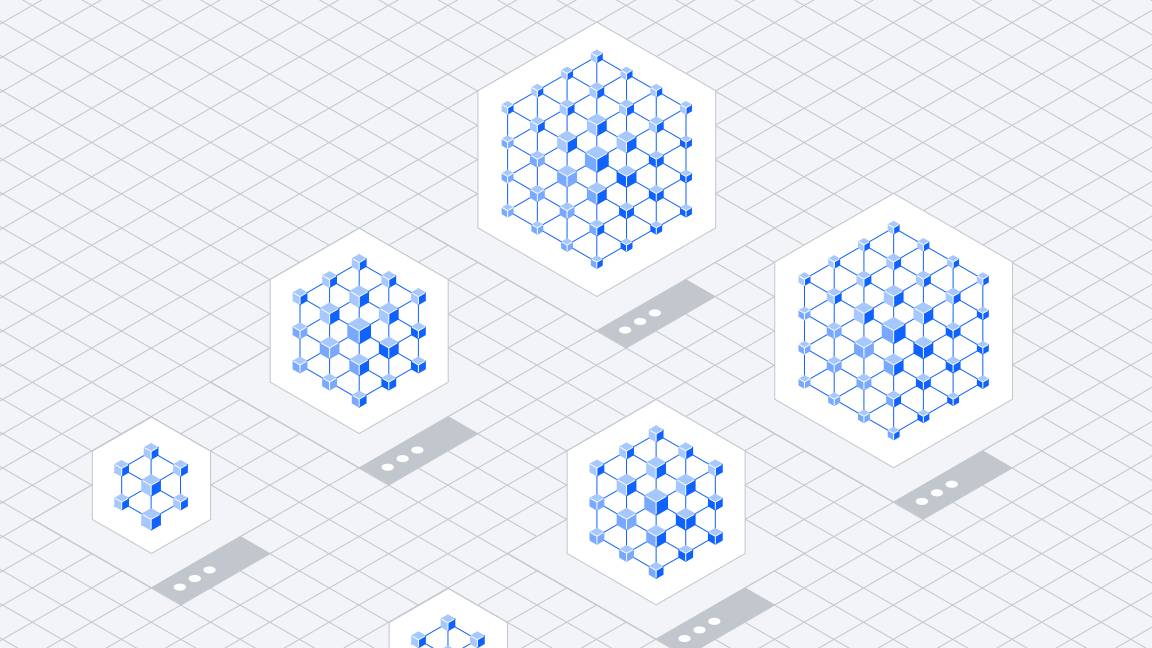
Providing an example of this approach, Thatcher noted the company’s decision to take the time to totally redesign the EliteBook Ultra, instead of taking the easier path of building on an existing chassis.
“When we did our Qualcomm device we didn’t just take an existing chassis and put a board in it we did a completely ground up design, and the benefit of that is you see it in the battery life. That’s why we get 26 hours of battery life.”

Solomon Klappholz is a former staff writer for ITPro and ChannelPro. He has experience writing about the technologies that facilitate industrial manufacturing, which led to him developing a particular interest in cybersecurity, IT regulation, industrial infrastructure applications, and machine learning.
-
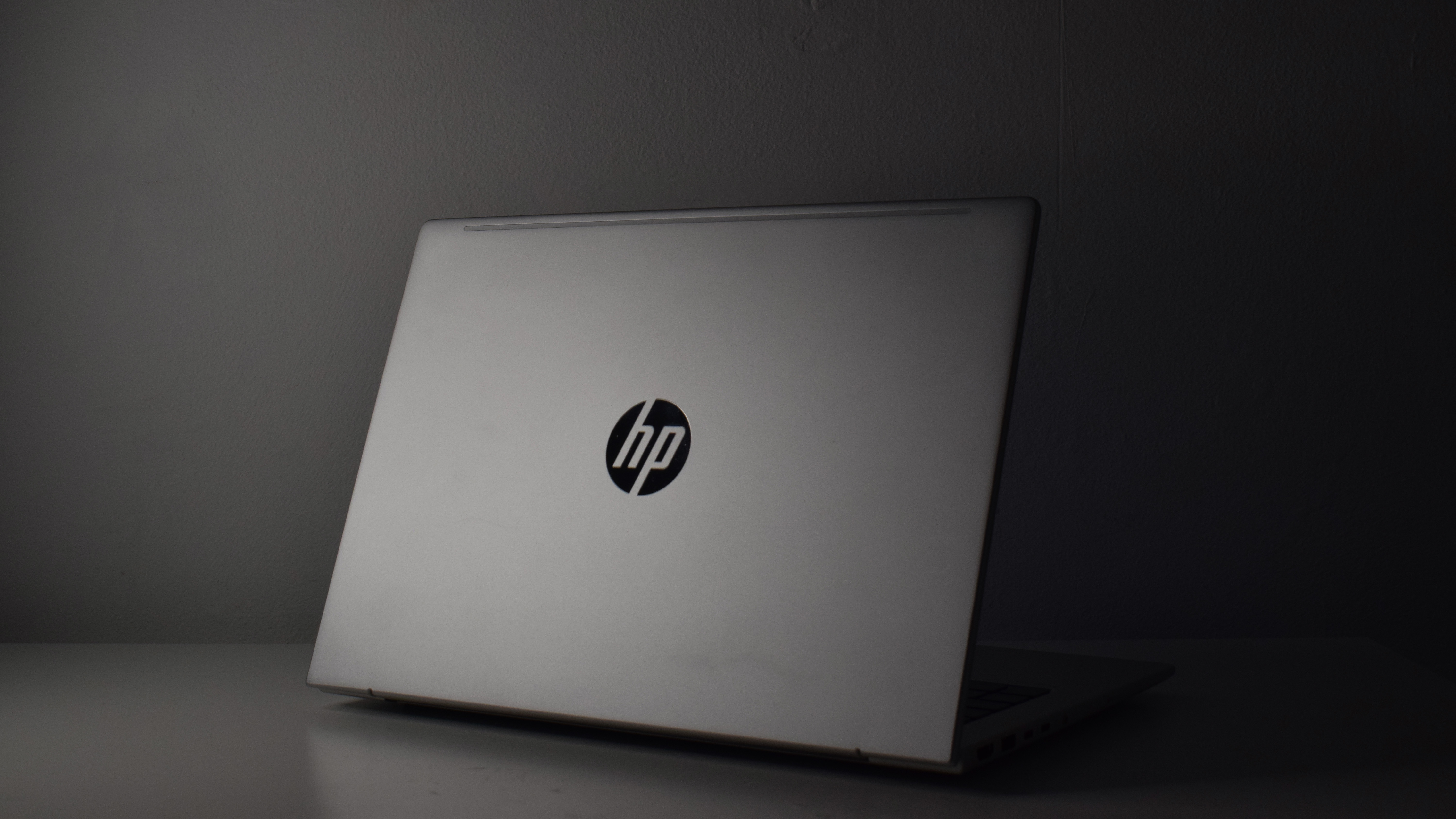 HP ProBook 4 G1a review: A no-frills business machine for the average office
HP ProBook 4 G1a review: A no-frills business machine for the average officeReviews A serious but dull business laptop, however, HP's ProBook 4 is a decent middle-tier machine
-
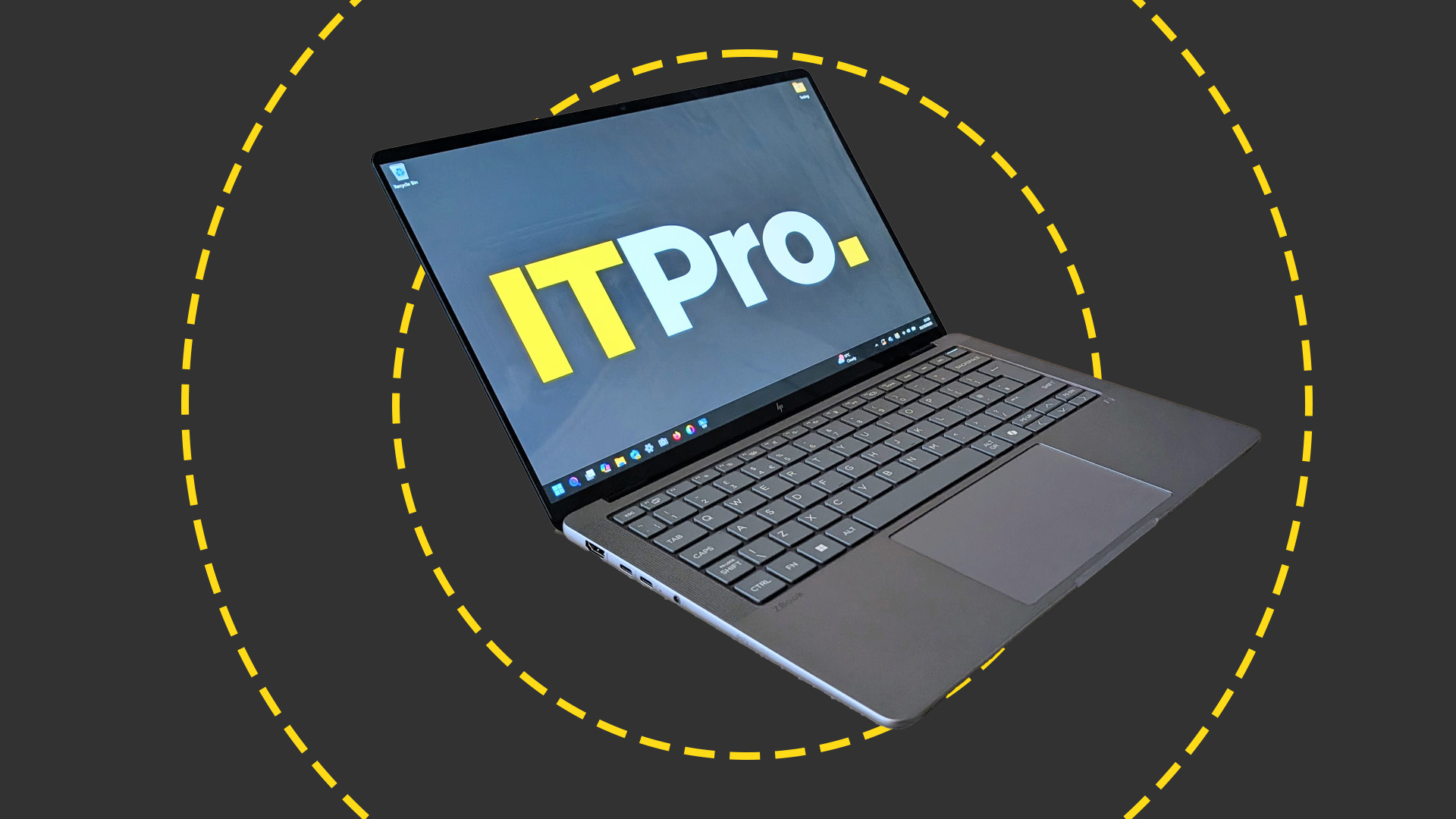 The HP ZBook Ultra G1a offers truly impressive levels of performance – a genuine game-changer
The HP ZBook Ultra G1a offers truly impressive levels of performance – a genuine game-changerReviews AMD's new Ryzen AI Max+ 395 redefines what we can expect from a laptop chipset with an integrated GPU and delivers outstanding performance
-
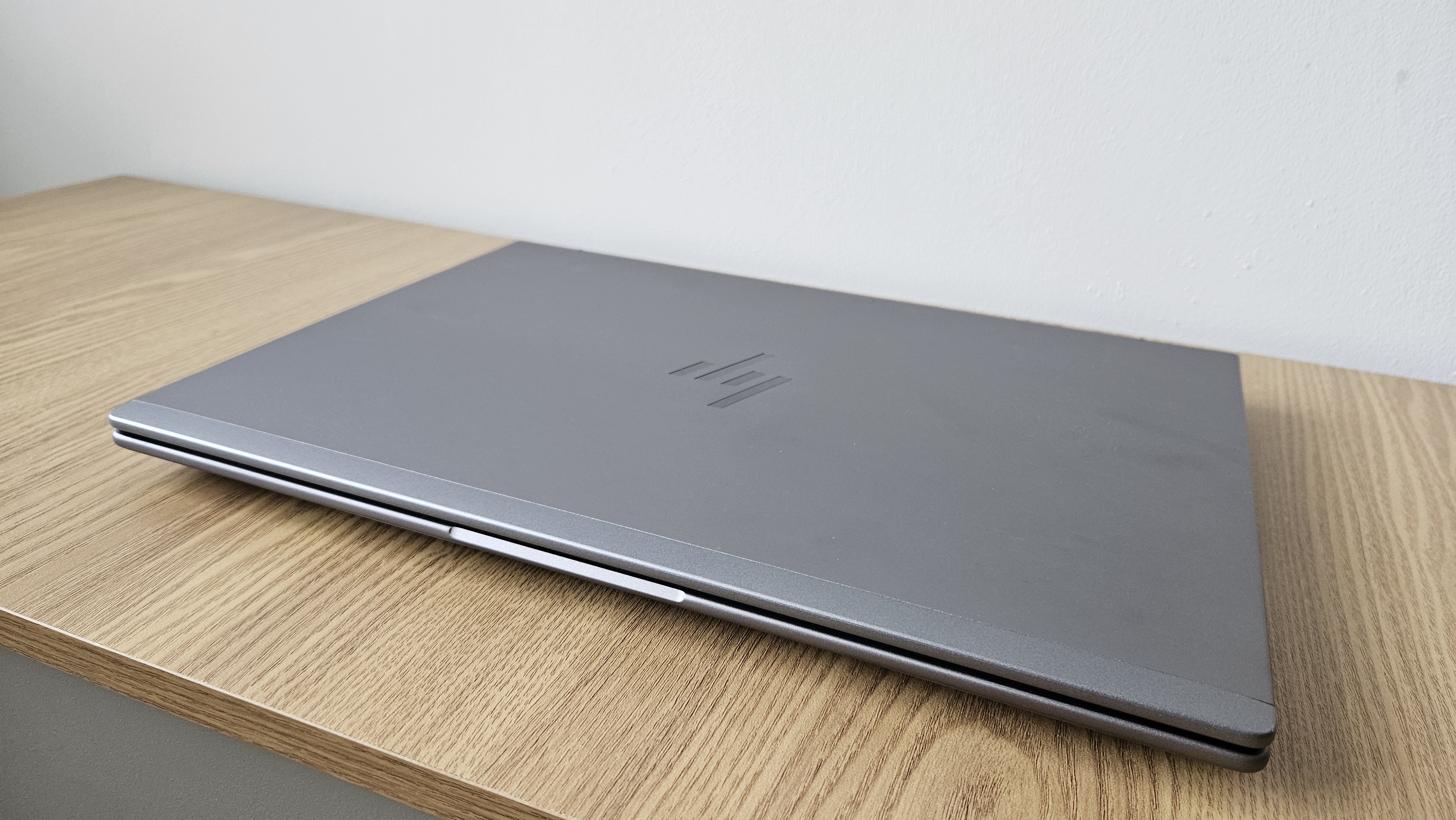 The HP ZBook X G1i is a full-throttle juggernaut – you couldn't ask for much more from a workstation
The HP ZBook X G1i is a full-throttle juggernaut – you couldn't ask for much more from a workstationReviews The HP ZBook X G1i offers almost everything you could want from a workstation, and it's delightful to use
-
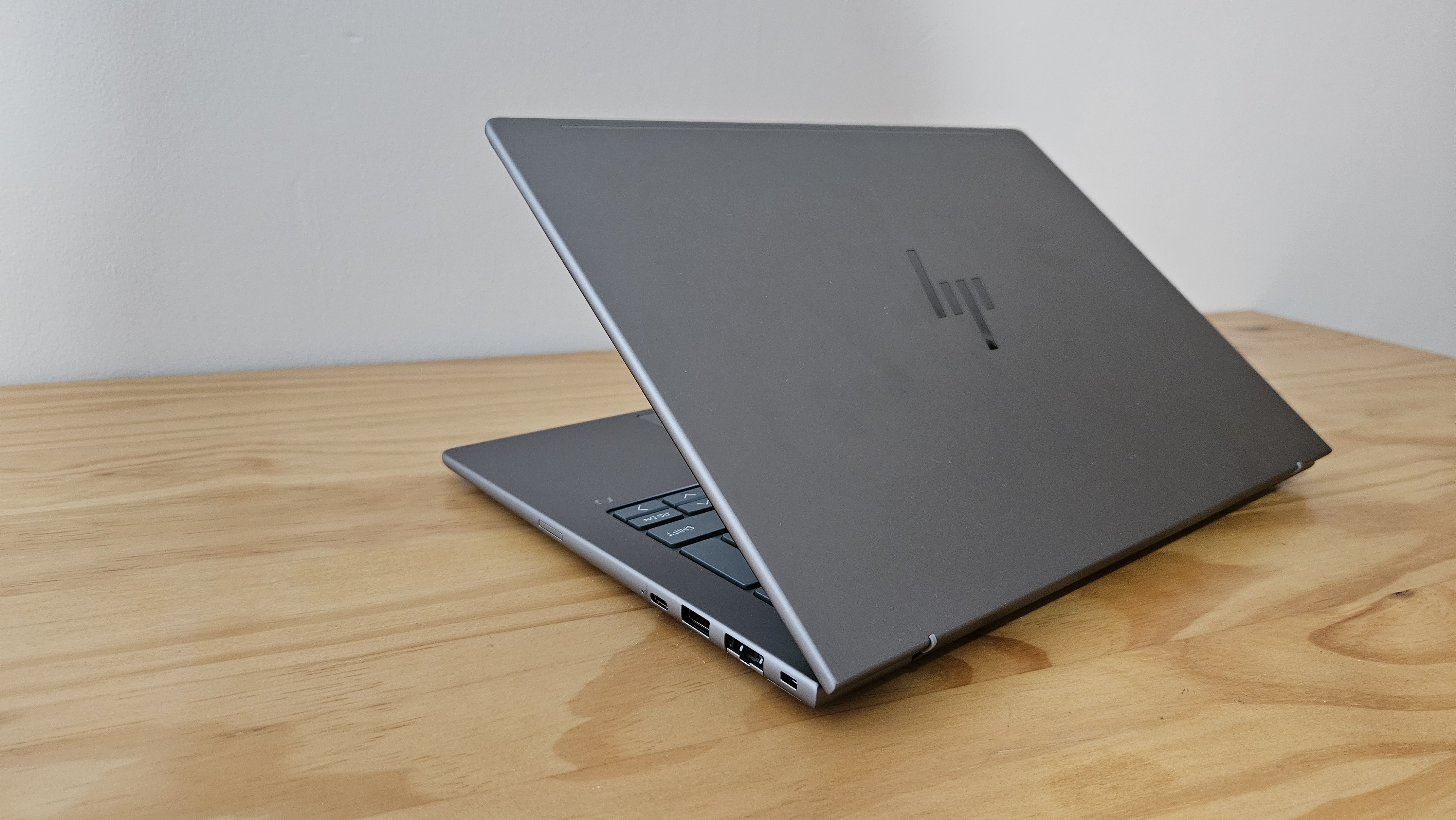 HP ZBook 8 G1ak 14 review: Plenty of promise but falls short
HP ZBook 8 G1ak 14 review: Plenty of promise but falls shortReviews This portable mobile workstation promises so much but fails to deliver in a few key quarters – meaning it's hard to justify its price tag
-
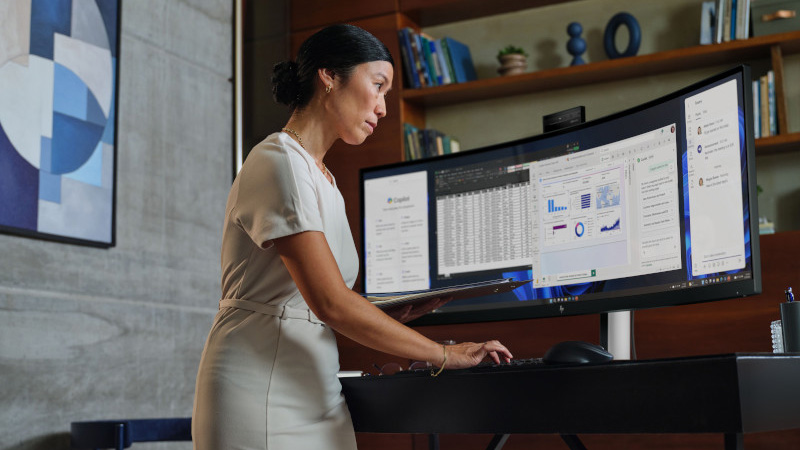 We're in the age of "mega-tasking," and here's what HP is doing about it
We're in the age of "mega-tasking," and here's what HP is doing about itnews The world's first ultrawide conferencing monitor and a Nvidia-powered workstation aim to tackle our growing work demands
-
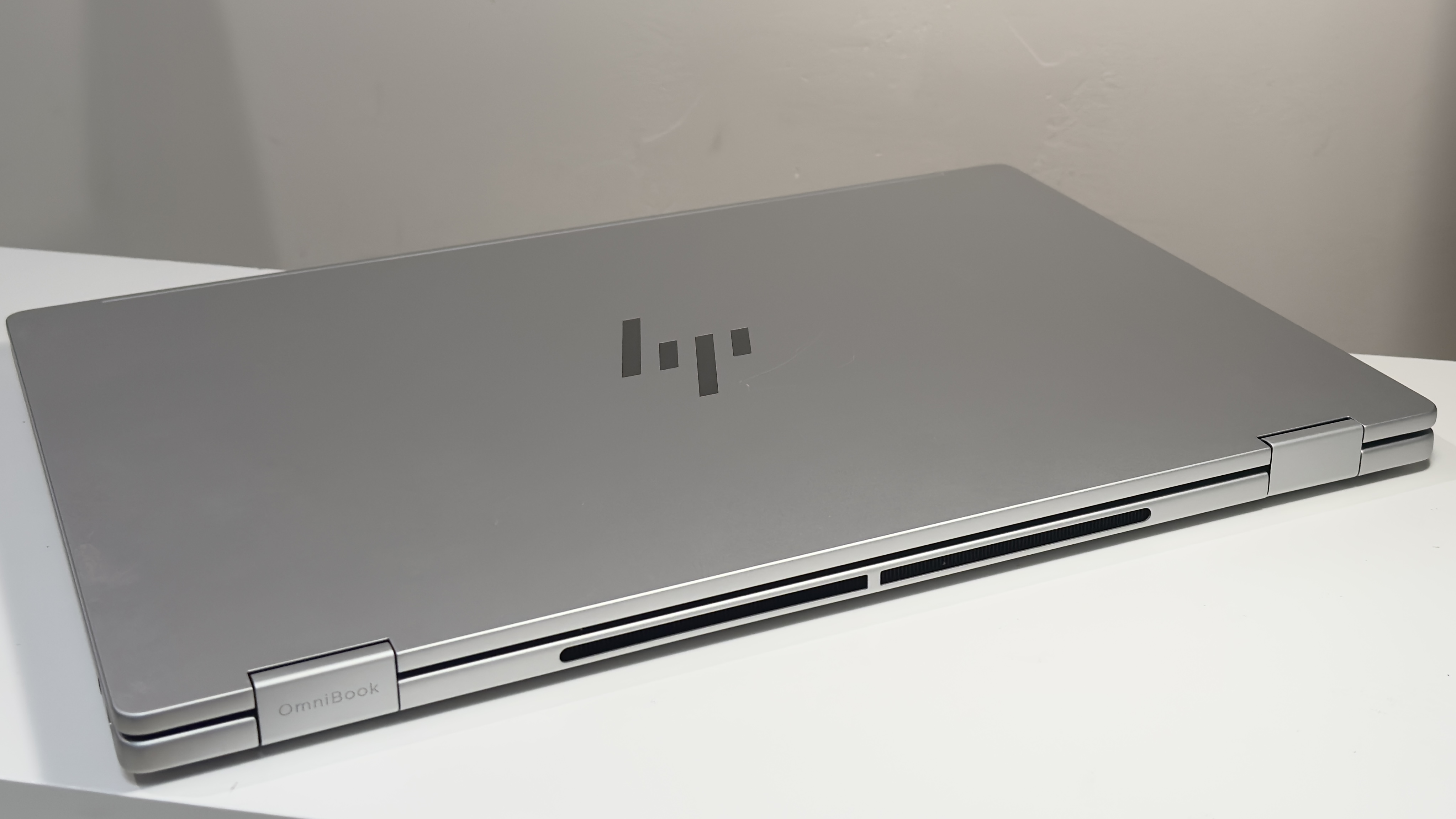 The HP OmniBook X Flip 16 is a brilliant, big, beautiful 2-in-1 laptop – but it's also an absolute bargain
The HP OmniBook X Flip 16 is a brilliant, big, beautiful 2-in-1 laptop – but it's also an absolute bargainReviews HP pairs a gorgeous OLED touchscreen with a smart 2-in-1 design – the result is a superb everyday laptop for sensible money
-
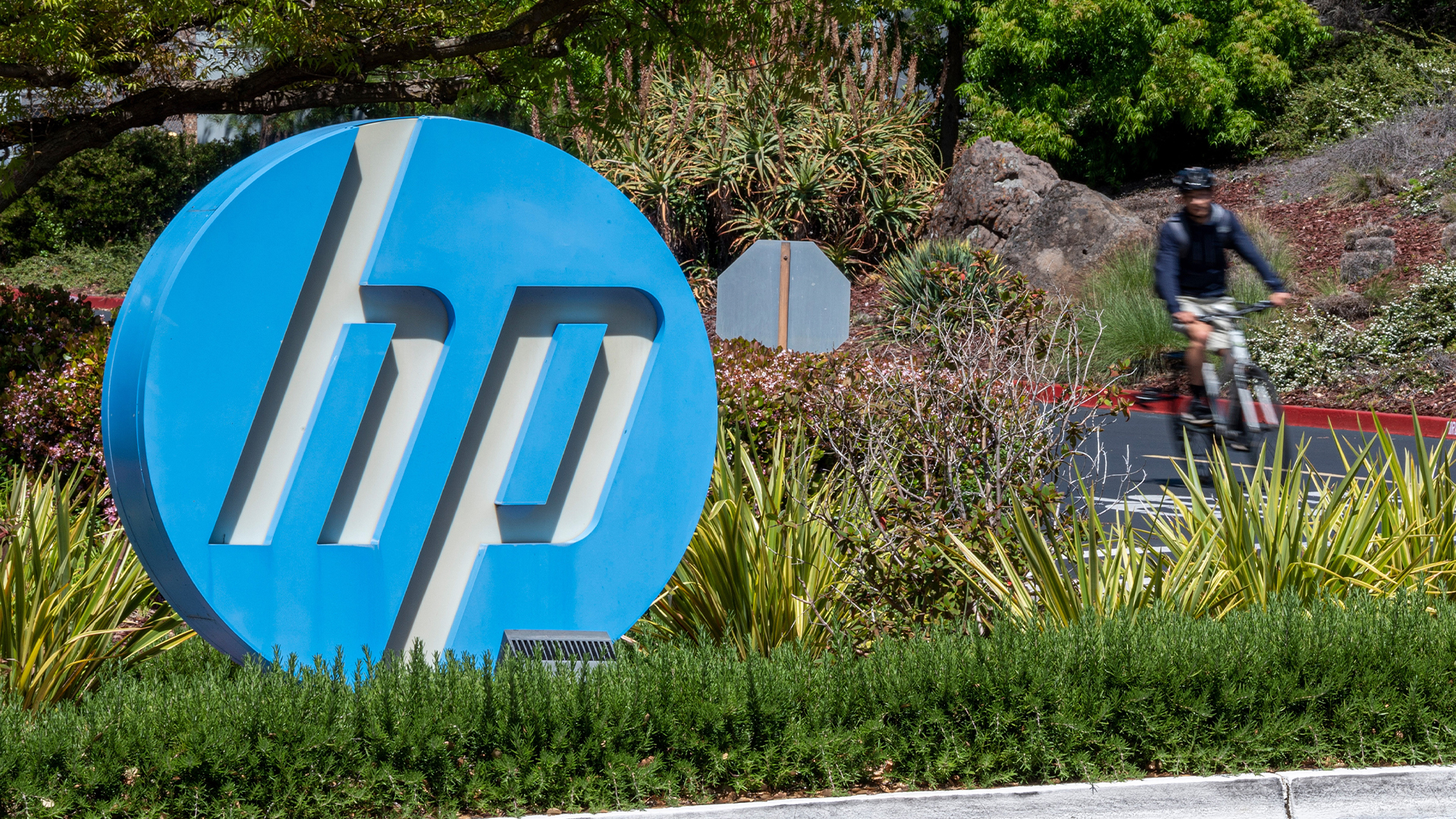 AI PCs are paying dividends for HP as firm reports sales surge
AI PCs are paying dividends for HP as firm reports sales surgeNews HP has pinned recent revenue increases on Windows 11 and AI PC sales
-
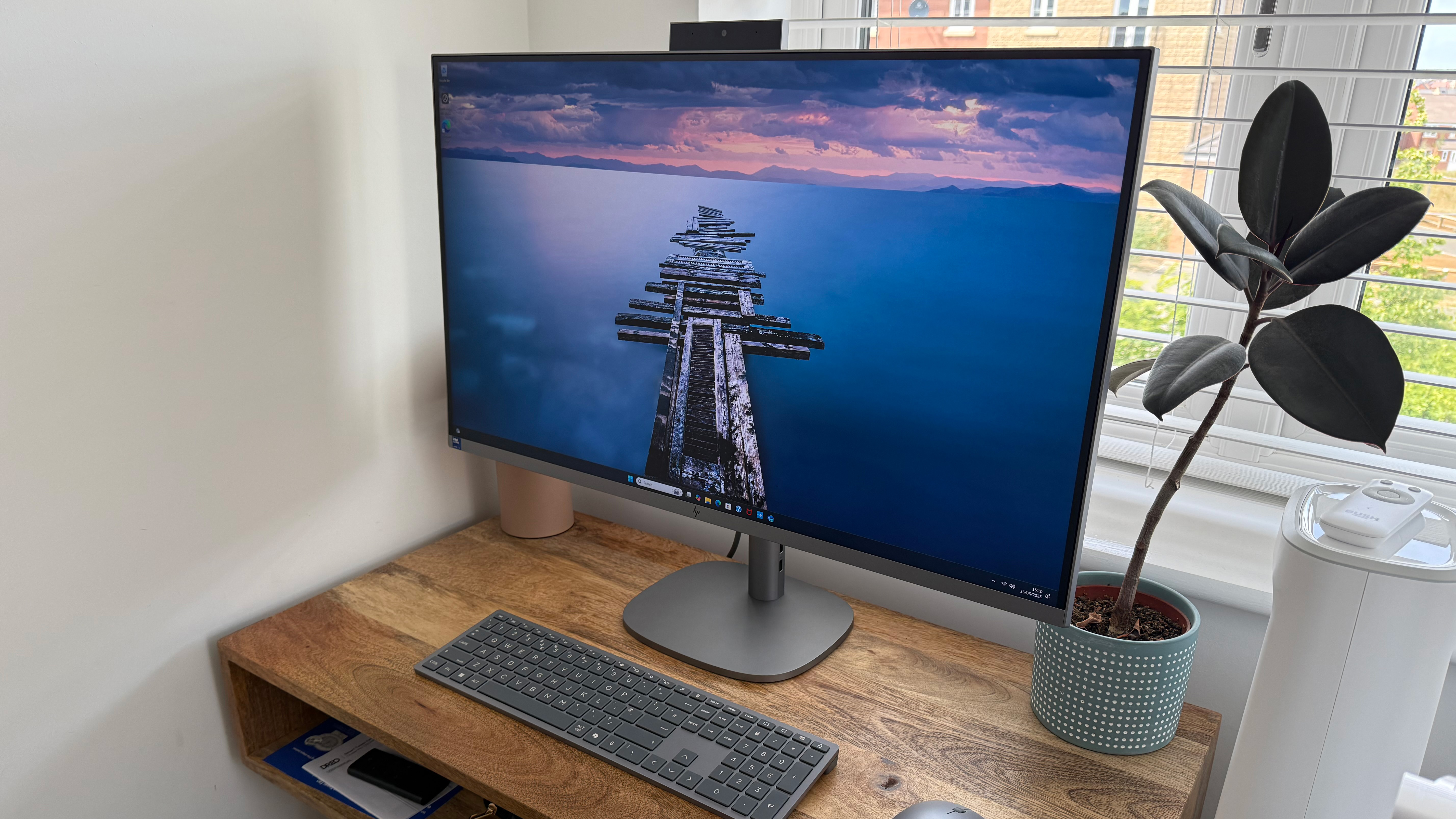 The HP OmniStudio X is a powerful, design-led all-in-one for creative work – but it could do with a stronger GPU
The HP OmniStudio X is a powerful, design-led all-in-one for creative work – but it could do with a stronger GPUReviews HP's answer to the iMac is a premium all-in-one that blends powerful performance with sleek design

